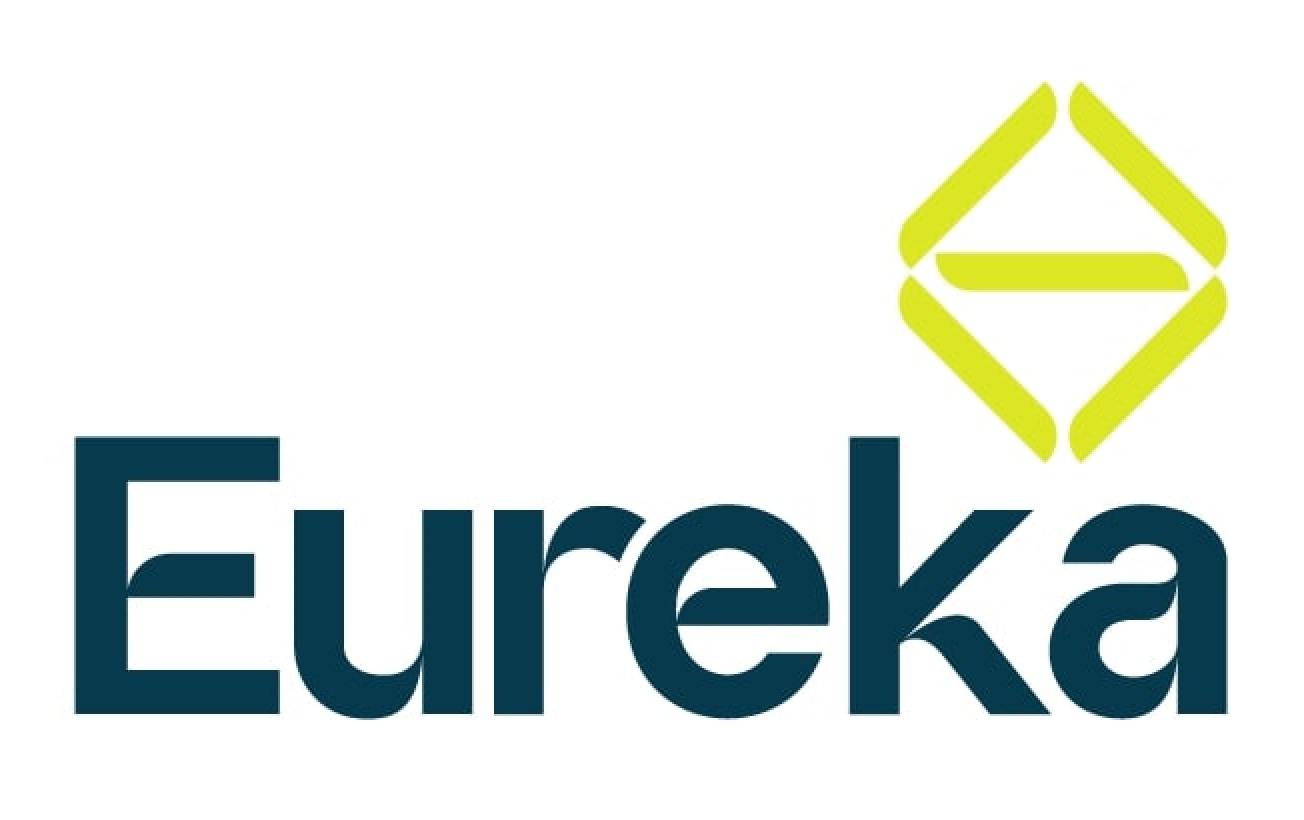Could a neurodiverse workforce benefit your business?
In the modern business landscape, the value of diversity and inclusion cannot be overstated. Whilst many companies have made strides in promoting gender and racial diversity, there's another dimension of diversity that's gaining traction: neurodiversity. Neurodiversity encompasses conditions like ADHD, autism, dyspraxia, and dyslexia. But how can embracing neurodiversity benefit businesses?
**Diversity as a business decision**
According to a Forbes article by Jason Hennessey, "Diversity isn’t just a human resources initiative for companies; it’s a good business decision." Research by McKinsey & Company in 2015 found that companies with greater gender or ethnic and racial diversity are more likely to have higher-than-average financial returns. Moreover, companies with more women in their R&D departments were found to introduce more radical innovations over a two-year period.
**The strength of neurodiversity**
Neurodivergent individuals often bring unique perspectives and strengths to the table. As Hennessey mentions, "Having a diverse team gives you a wider variety of perspectives and can lead to more creative solutions to problems you encounter." He further emphasises the importance of including neurodivergent employees, stating that it can help strengthen company culture.
WebMD defines neurodivergence as the concept that certain developmental disorders are normal variations in the brain, and individuals with these features often have specific strengths. For instance, people with ADHD can be more creative, leading to out-of-the-box thinking that can drive innovation. They may also possess higher energy levels and an ability to hyper-focus on tasks.
**Challenges and accommodations**
Whilst there are undeniable benefits, there are also challenges associated with a neurodiverse workforce. Traditional hiring processes may not be conducive to neurodivergent individuals. As Hennessey points out, "Companies that truly want to successfully recruit neurodivergent candidates may need to reassess their hiring practices." Adjustments might include more casual interview settings or practical skill assessments.
**Conclusion**
Embracing neurodiversity is not just about inclusivity; it's about recognising and harnessing the unique strengths that neurodivergent individuals bring to the table. As business leaders, it's essential to see beyond traditional notions of what makes a "good" employee and recognise the value of diverse thinking. After all, as Hennessey aptly puts it, "everyone has a superpower," and it's up to leaders to create an environment where all talents shine.
Share our insights
Recent insights




